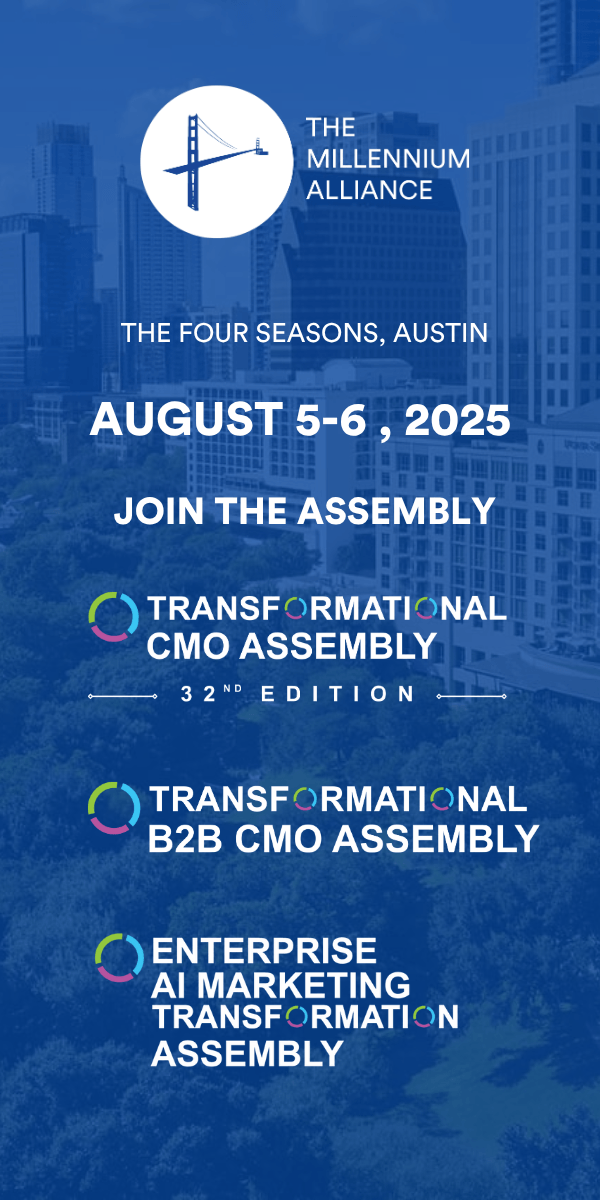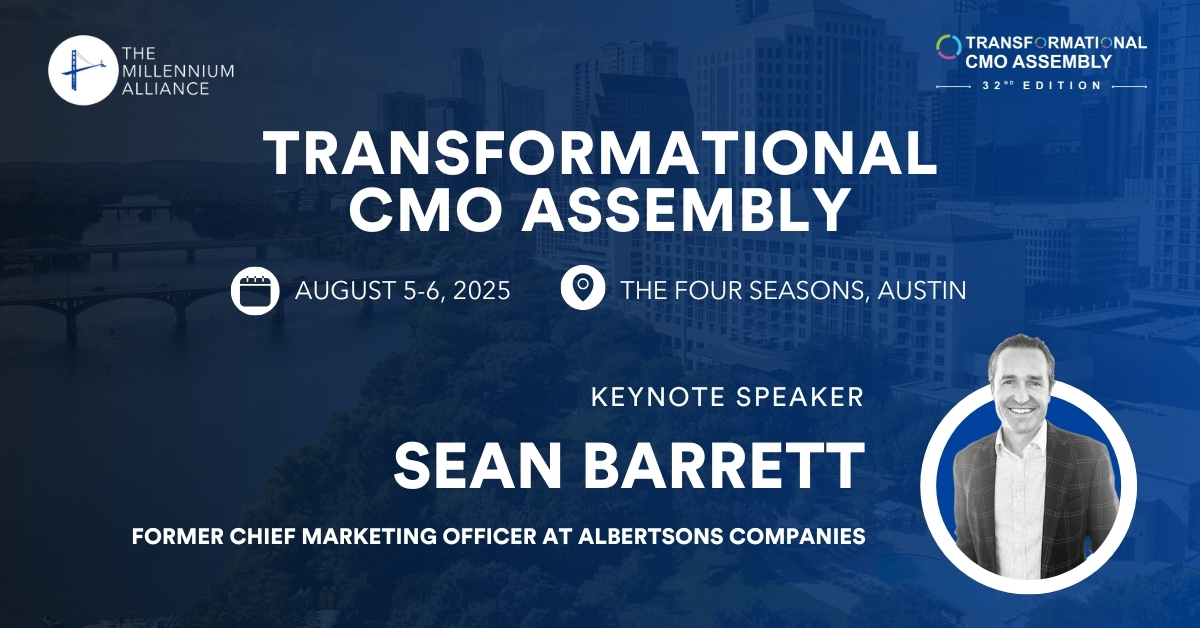As originally published by Denise Lee Yohn on Linkedin.
Have you ever read a book and thought, “Dang, I should have written that”?! Or maybe the book so resonates with you that you highlight practically every word of it (thus rendering your highlights useless)? For me, What You Do Is Who You Are: How to Create Your Business Culture by Ben Horowitz is one of those books.
Examining the philosophies and practices of some unlikely leaders (such as Genghis Kahn and a Detroit prison gang leader) as well as those from the business world (including Uber, McDonald’s, and Slack), Horowitz provides exceptional insights on organizational culture — how it works, how to build or change yours, and the elements of a good one. He should know – as the founder of a start-up that he grew and eventually sold to HP for $1.6 billion and as the co-founder and partner at the venture capital firm Andreessen Horowitz that’s backed Facebook, Google, Airbnb, and many other tech giants, Horowitz has helped create some of the most successful companies of our time.
The premise of What You Do Is Who You Are explains so well why I believe that your external identity (brand) and internal workings (culture) must be integrated and aligned. Horowitz’s particular take on culture and culture-building point to the productivity and sustainability that leaders create in their businesses when they ensure there is no gap between what they – as people and as organizations – say and what they do.
Some of the book’s best bits (and my thoughts on the topics in italics) are below — and check out this slideshow of my top 10 quotes from the book.
What is culture
Horowitz:
- Culture isn’t a magical set of rules that makes everyone behave the way you’d like. It’s a system of behaviors that you hope most people will follow, most of the time.
- Your culture is how your company makes decisions when you’re not there.
- It’s the set of assumptions your employees use to resolve the problems they face every day. It’s how they behave when no one is looking. If you don’t methodically set your culture, then two-thirds thirds of it will end up being accidental, and the rest will be a mistake.
- That’s the nature of culture. It’s not a single decision—it’s a code that manifests itself as a vast set of actions taken over time.
Every organization has a culture – whether or not it’s the one you want is up to you. Your desired culture doesn’t just happen. You must intentionally and deliberately cultivate it. If you don’t, your people will create their own cultures, work from their own values, and act in ways that may or may not produce the results you want.
Your culture must be unique
Horowitz:
- …No one culture is right for everyone. Indeed, no single virtue makes universal sense. Your company’s culture should be an idiosyncratic expression of your personality, beliefs, and strategy—and it should keep evolving as your company grows and conditions change.
- While you can draw inspiration from other cultures, don’t try to adapt another organization’s ways. For your culture to be vibrant and sustainable, it must come from the blood, from the soul.
- Some ways of thinking about a virtue’s effectiveness: Is your virtue actionable? Does your virtue distinguish your culture? Not every virtue will be unique to your company, but if every other business in your field does the same thing, there is probably no need to emphasize it.
One problem with trying to copy another company’s culture is that what’s feasible for other organizations may not be for yours (not everyone can afford to treat employees like partners and offer them stock options like Starbucks does). Another problem is that what fuels one company’s success may completely backfire at another (imagine if Ritz-Carlton employees decided to joke around with their customers like Southwest Airlines’ do.) In fact, it’s ridiculous to try to imitate someone else’s brand – and it’s just as ridiculous to try to copy another company’s culture.
Getting to your desired culture
Horowitz:
- The first step in getting the culture you want is knowing what you want. It sounds obvious and it is; it sounds easy, but it’s not. With seemingly infinite possibilities to choose from, how do you design a culture that gives your organization the advantages it needs, creates an environment you are proud of, and that—most importantly—can actually be implemented?
- Identifying the culture you want is hard: you have to figure out not only where your company is trying to go, but the road it should take to get there.
- Culture begins with deciding what you value most. Then you must help everyone in your organization practice behaviors that reflect those virtues.
- Pick the virtues that will help your company accomplish its mission.
- The most important aspects of an organization’s performance—quality, design, security, fiscal discipline, customer care—are all culturally driven.
Every organization requires a specific culture to reach its goals and achieve its vision. If you want to become more innovative, for example, then your culture must encourage risk-taking, experimentation, and curiosity. Or, if you’ve set your sights on being a style leader, then you need to infuse your culture with design, discernment, and creativity. You need clarity about the brand identity and performance you desire and the kind of organizational culture that will enable you to achieve those targets. (My free online Brand-Culture Assessment Tool can help you get that clarity.)
How to initiate culture-building
Horowitz:
- To get [your people] to be who you want, you will first need to see them for who they are.
- Cultural design is a way to program the actions of an organization, but, like computer programs, every culture has bugs. And cultures are significantly more difficult to debug than programs.
- To change a culture, you can’t just give lip service to what you want. Your people must feel the urgency of it.
- It’s also critical that leaders emphasize the “why” behind their values every chance they get, because the “why” is what gets remembered. The “what” is just another item in a giant stack of things you are supposed to do.
- So a gigantic portion of your cultural success will be determined by what gets rewarded at your company. Every time an employee is recognized or rewarded for pushing the company forward, the culture strengthens.
Start culture-building by assessing your culture as it actually is. Do a culture audit and identify the core values that are currently in play in your organization every day—not necessarily the values that are stated in your company’s mission statement. Compare those values to the ones you’ve determined you need to reach your goals. Then make the case to everyone how the organization needs to change and why.
Translate core values into behaviors
Horowitz:
- Culture is an abstract set of principles that lives—or dies—by the concrete decisions the people in your organization make. As a leader, this gap between theory and practice poses huge challenges.
- The reason so many efforts to establish “corporate values” are basically worthless is that they emphasize beliefs instead of actions. Culturally, what you believe means nearly nothing. What you do is who you are.
- If a company expects its people to behave ethically without giving them detailed instructions on what that behavior looks like and how to pursue it, the company will fall far short no matter whom it hires.
- The failure to enforce good conduct often brings modern companies to their knees.
Your organizational culture is largely shaped by its purpose and core values so you need to clearly articulate both. But don’t assume that employees will understand what your core values mean or that everyone will interpret the same value into the same behavior. It’s critical that you establish the desired behaviors or behavioral norms associated with your values so employees know what your values look like in action. In doing so, you are not micro-managing employees – you are setting them up for success.
Culture isn’t static
- Culture is not like a mission statement; you can’t just set it up and have it last forever.
- Culture is about actions. If the actions aren’t working, it’s time to get some new ones.
- Whether your company is a startup or a hundred years old, designing your culture is always relevant. Cultures, like the organizations that create them, must evolve to meet new challenges.
- Culture is weird like that. Because it’s a consequence of actions rather than beliefs, it almost never ends up exactly as you intend it. This is why it’s not a “set it and forget it” endeavor. You must constantly examine and reshape your culture or it won’t be your culture at all.
Culture-building isn’t a one-time initiative or a goal you include in your annual plan one year and remove it the next. It’s an ongoing effort that involves making big strategic decisions in planning sessions and sweating the small stuff every day — attending to it when everything seems to be running smoothly and when everything seems to be crumbling around you. You’ll need to be patient, focused, relentless, and disciplined. It’s a journey, not a destination.














